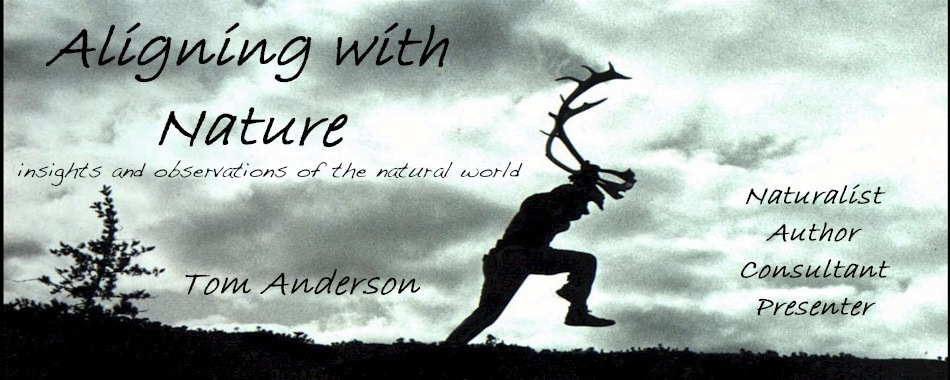Quetico Heat Torches All Reason
I knew it was going to be a barnburner of a day on our first portage of the morning.
The bite of the wide leather straps on my shoulders tried my patience and perseverance as I carried the faded, heavy Duluth pack over a long portage. The sparse path led us up a long grade and then descended a steeper slope towards a valley bottom. On this longest of our carries, I also carried a smaller pack on my chest with paddles in my hands. The burden of the two packs sandwiching my torso combined with the drag of gravity on the rocky uphill climb tested my morning mettle.
Four friends and I were making our way by canoe and portage further north into Ontario’s Quetico Provincial Park. It might be considered treasonous to declare our preference for Quetico over the Boundary Waters Canoe Area Wilderness (BWCAW) but the primary reasons are that the country is more remote, has far fewer paddlers, and offers better fishing.
Quetico, like the BWCAW, is roughly 1 million acres. We paddled north from the BWCAW to the isolated Quetico Ranger Station where we had to check in with our Remote Area Border Crossing permits and pay the required nightly fee to camp on Canadian Crown land. The lone park ranger stationed there shared that as of August 1, only 11,000 visitors have entered Quetico this summer. In recent years this Canadian wilderness area has averaged 20,000 visitors per year. In contrast, the BWCAW is visited by approximately 1 million visitors over the same period.
Our destination was a favorite lake. . . the name is hard to pronounce so I won’t even bother. We have etched many memories of quiet, remote campsites and quality fishing on this lake. It had been about a half dozen years since any of us had been there so this time we chose a slightly different route to explore some new country. With an additional six years on our aging bodies, why we chose a route that included a longer portage than our familiar route was questionable.
I think the heat hijacked common sense.
I tried to ignore the sinuous, slow stroll of sweat wending its way down my forehead, stinging my eyes. I distracted myself from the pain by making a mental list of plant species that I could identify as I shuffled along the portage trail. Luckily the path meandered under the shade of the boreal canopy. Here I found some relief from the task in the company of thick white cedars. The undergrowth of arching ferns, quartets of bunchberry leaves, blue bead lilies with their single stalk of porcelain-blue berries and wispy scouring rush plants reminded me of a dripping jungle. It was humid and hot, so hot that the rocks that I stepped around and over were sweating.
While the rocks wore a sheen of moisture on them, it was not actually sweat but water vapor. At night the rocks cool down and then as they warm in hot morning sun, the water vapor on them condenses and resembles a glow of sweat.
The heat can initiate a madness that is unlike the anguish of a numbing cold encounter. Our escape from this boreal inferno was to languish repeatedly in the water. We stripped naked and launched in non-Olympian dives from exposed bedrock into the cooler lake waters. Each time the pallid swimmer surfaced, he exhaled in bliss.
Portaging, paddling, fishing and swimming require energy and we found rest in our trio of hanging hammocks. It was so hot that we spent a fair amount of time napping and reading from our sleep swings. The heat drove us to our fabric berths so frequently that we feared they might wear out.
If it had not been for the pesky mosquitoes at dusk, we would have slept overnight in our hammocks. Driven to our tents, we laid on top of our sleeping bags rather than in them.
A few hot days later, as s we paddled back toward civilization, we had to yield the right of way on the lake to allow a swimming red squirrel pass in front of our canoe. Generally not considered an aquatic mammal, the little rodent easily swam across the 200-yard wide lake channel. Did it also enjoy the naked, cooling swim?
It was likely a young squirrel dispersing to new grounds. As they age, some young squirrels explore areas outside their mother’s range. Juvenile squirrels must establish a territory and gather enough pine cones in their middens to survive the winter. Dispersing squirrels are highly vulnerable to predation and less than one quarter of them will survive their first year.
Leaving the squirrel behind us, we approached another portage. And before we loaded ourselves with gear, we all took long swigs of water in preparation for another walk among sweating rocks.
Filed under: Uncategorized




Leave a Reply
You must be logged in to post a comment.